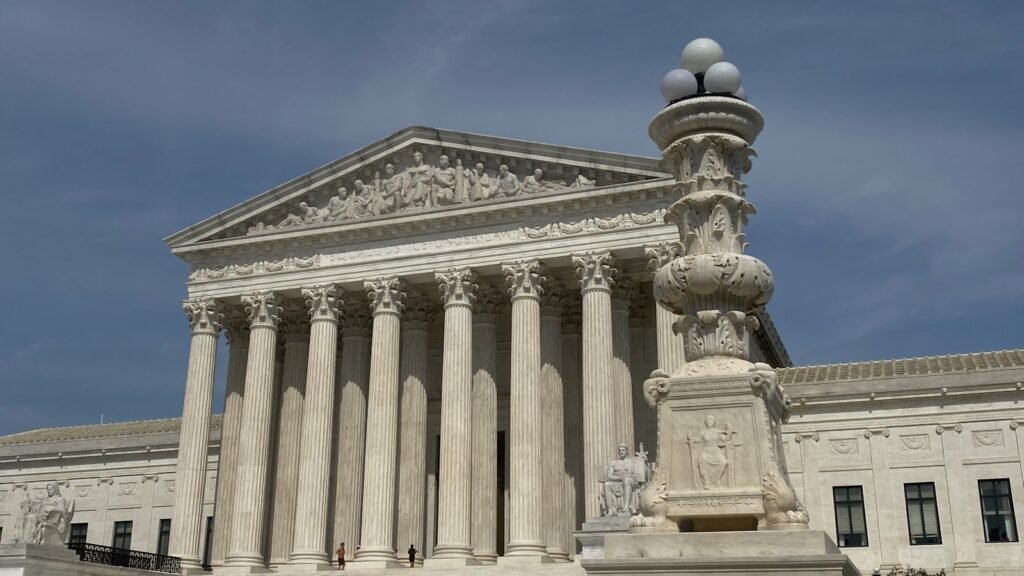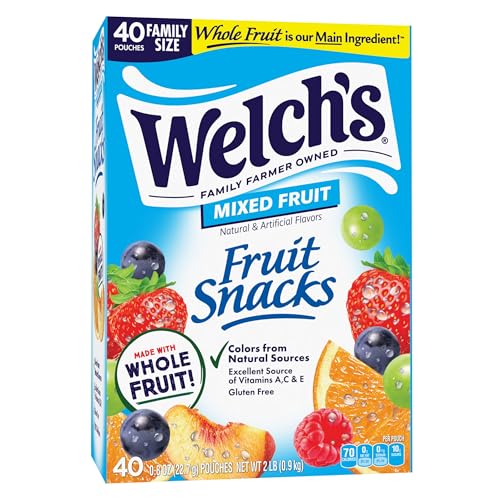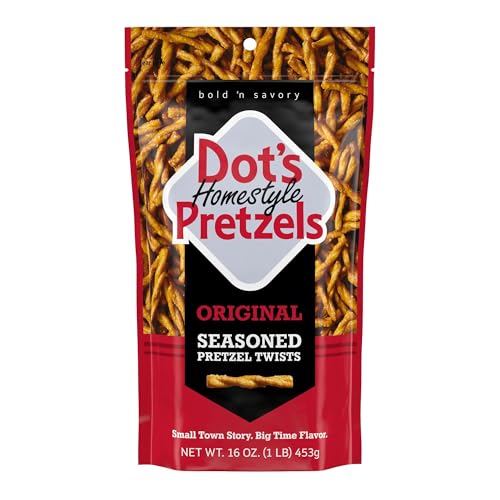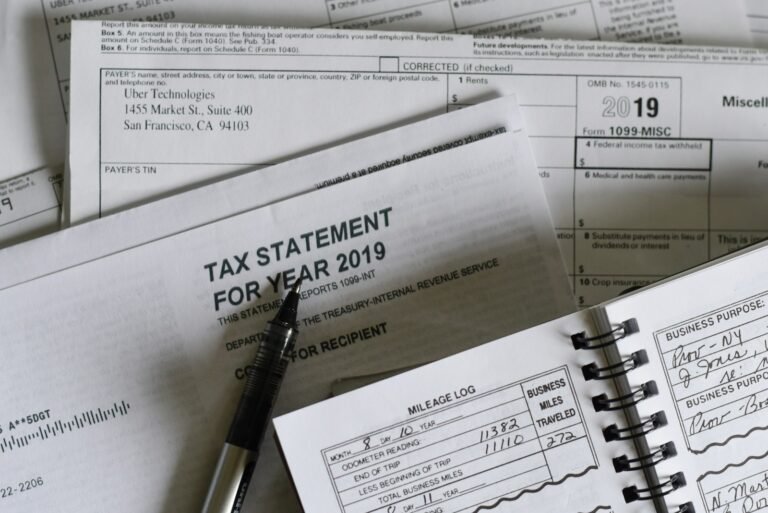
Maryland Attorney General Anthony G. Brown, along with 22 other attorneys general from various states, has urged the U.S. Department of Agriculture (USDA) to urgently clarify the status of Supplemental Nutrition Assistance Program (SNAP) benefits in light of the current federal government shutdown.
In a letter sent to USDA Secretary Brooke Rollins, the coalition voiced significant concerns regarding a recent USDA directive that warned states about the possibility of SNAP funding running out in November. The letter emphasizes the potential negative impact on millions of at-risk Americans—including children, seniors, and veterans—who depend on food assistance for their daily needs.
“Congress set aside billions in emergency funds to keep SNAP benefits flowing even in a government shutdown,” said Maryland Attorney General Anthony G. Brown. “We’re demanding answers from USDA about why they’re threatening to make it harder for Marylanders to afford their groceries and feed their families.”
“Forty-two million individuals in the United States, including approximately 5.5 million Californians, use SNAP benefits to feed themselves and their families. In yet another new low, those critical benefits are now at risk thanks to the Trump Administration. Every American — Democrat, Republican, and Independent — should be outraged,” said California Attorney General Bonta. “When will the President actually focus on ending the government shutdown? Day after day, his attention seems to be directed elsewhere, most recently toward his new $250 million White House ballroom. Today, my fellow attorneys general and I are calling on his U.S. Department of Agriculture to provide us with answers. SNAP benefits should never be an afterthought — protecting the families who rely on these benefits to keep food on the table must be a priority.”
“Coloradans should not go hungry during the government shutdown when USDA has reserve funds to meet critical needs. Suspending SNAP benefits at the end of the month will cause grave harm to children, seniors, and veterans who rely on food assistance every day for their meals. USDA must explain what legal authority they have to withhold congressionally mandated funds to the states for food assistance,” said Colorado Attorney General Weiser.
The USDA’s communication on October 10 directed state agencies to postpone sending November SNAP benefit files to Electronic Benefit Transfer (EBT) vendors, citing a lack of funds if the shutdown persists. However, the letter from the attorneys general claims that the USDA did not provide legal authority or justification for this order, particularly since Congress has set aside at least $6 billion in contingency reserves for SNAP.
The attorneys general argue that the USDA should tap into these emergency funds to continue benefit distribution instead of telling states to halt already-calculated allotments. They caution that even a brief delay could have severe repercussions for the 42 million Americans reliant on SNAP, including nearly 680,000 residents of Maryland—of which 270,000 are children.
The coalition is pressing for answers to several urgent questions by October 27, such as whether the USDA has any remaining contingency funds, if there are plans to utilize alternative funding sources, and the legal justification for stopping benefit transmissions. They also want to clarify whether the USDA’s directive amounts to a suspension or cancellation of benefits according to federal regulations.
“No family should go hungry because of dysfunction in Washington,” said New York Attorney General James. “SNAP benefits are a lifeline for millions of Americans, including children, veterans, and seniors, who rely on this assistance to put food on the table. The USDA has both the funds and the authority to keep these benefits flowing, and I am calling on the agency to act immediately. My office will always stand up for working families and hold the federal government accountable when it fails to meet its most basic obligations.”
“The USDA has the money to keep SNAP running – including $6 billion in reserve funds set aside for exactly this situation. Refusing to use those funds would be unlawful and a stunning disregard for the wellbeing of roughly 600,000 children in our state,” said North Carolina Attorney General Jeff Jackson. “The USDA cannot withhold food from children just to play shutdown politics – and we will take them to court if they try.”
“Nearly two million Illinoisans rely on SNAP benefits to obtain nutritional food, supporting local growers, farmers’ markets and, ultimately, the state’s economy,” Attorney General Kwame Raoul said. “The decision by the USDA to cut off access to this vital program is unprecedented and cruel and will cause immediate and unnecessary pain in households throughout the country.”
Joining Attorney General Brown in this effort are attorneys general from Arizona, California, Colorado, the District of Columbia, Hawaiʻi, Connecticut, Illinois, Delaware, Maine, Massachusetts, New Mexico, Michigan, New York, Minnesota, North Carolina, Nevada, Oregon, New Jersey, Rhode Island, Vermont, Wisconsin, and Washington.
The outcome of this inquiry could significantly impact food security for millions of Americans as the shutdown continues.







































